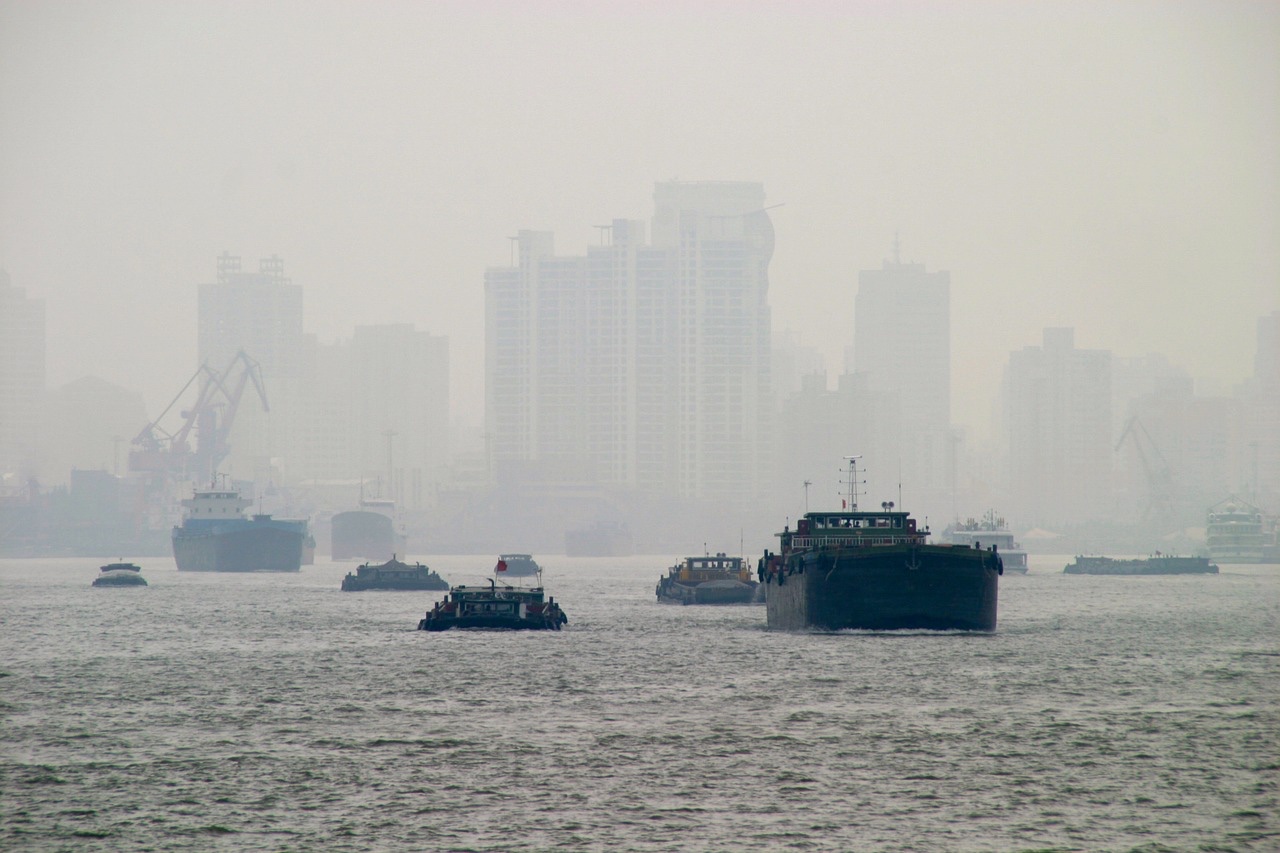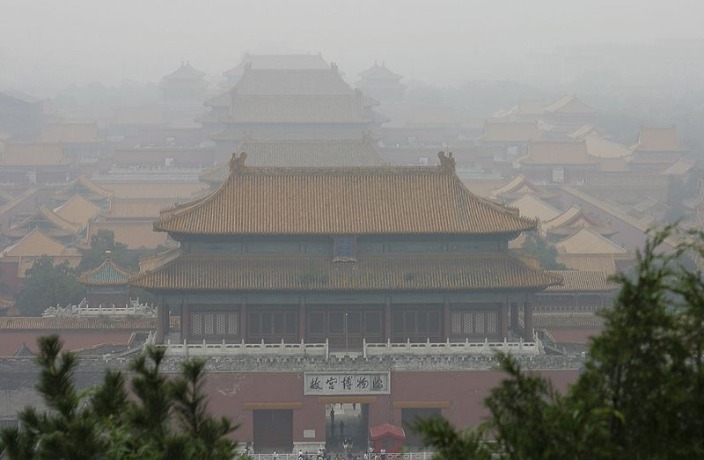Air Pollution Could Be as Damaging to Lungs as Smoking, Researchers Claim

 This article originally appeared on our sister website, That's Shanghai.
This article originally appeared on our sister website, That's Shanghai.
Having dealt with some of the worst air quality in the world, neither the Chinese government nor the public is negligent to the effects of air pollution on an individual’s health and quality of life.
But a new study published in the Journal of the American Medical Association suggests that the long-term effects of breathing polluted air are worse than previously expected, with researchers comparing pollution exposure to smoking cigarettes in terms of the resulting health consequences.
NPR reports that even marginally elevated air pollution levels can correlate to quicker development of damage to the lungs in susceptible populations, regardless of whether or not the people exposed also smoke cigarettes.
The study, which was released on Tuesday, focuses on the threat of chronic respiratory diseases like emphysema and chronic obstructive pulmonary disease (COPD), analyzing the health consequences of inhaling numerous pollutants, namely ground-level ozone (which accounts for the highest percentage of pollution contained in smog).
READ MORE: Ozone Pollution on the Rise in Guangdong
Joel Kaufman, a University of Washington epidemiologist and physician and one of the authors of the study, says his team discovered that a ground-level ozone increase of approximately three parts per billion (ppb) around a person’s home “was equivalent to smoking a pack of cigarettes a day for 29 years,” according to NPR. It’s not entirely clear in the report how long someone must breath air with the aforementioned ozone increase to fall victim to the negative health effects usually reserved for a smoker of 29 years.
For comparison, Phys.org reports that in China, where the national ozone air quality standard is around 80ppb, over 60 days per year exceed the safe air quality standard in the country’s populous eastern and central regions.

Beijing’s Forbidden City shrouded in smog. Image via Wikimedia Commons
The study examined 7,000 adults from six cities in the United States – Winston-Salem in North Carolina, St. Paul in Minnesota, New York City, Los Angeles, Chicago and Baltimore – who experienced long-term exposure to above-average ground-level ozone concentrations.
The subjects, living in areas that contained yearly average ozone levels ranging from 10 to 25ppb, had lung damage comparable to changes in the lungs of smokers.
“It was a very large surprise to us to see that the effects were in the same magnitude as cigarette smoking, which is the best-established and most-recognized cause of emphysema,” says Kaufman, according to NPR.
READ MORE: Are Lower PM2.5 Levels Causing an Increase in Hazardous Ozone Pollution?
The highest levels of ozone tend to occur on sunny days with high temperatures, so while China has made impressive strides in curbing air pollution in major cities, rising temperatures associated with climate change still pose a serious threat to air quality.
Like China, the US has seen a decline in air pollution in recent years, but the presence of ground-level ozone is harder to manage.
“And so, as climate change progresses, we expect that vulnerable populations, and even healthy populations, are going to see increased effects,” says Emily Brigham, a Johns Hopkins University assistant professor of medicine and pulmonologist, to NPR.
During their early stages, symptoms of respiratory disease may not be noticeable, but with exposure over long periods of time, respiratory damage from diseases like emphysema and COPD is thought to be permanent.
IHME data reveals that in 2017, COPD was the third leading cause of death in China, followed by lung cancer at number four, and esophageal cancer at number 10.
READ MORE: Forget PM 2.5 and PM 10, This is the New Pollution Threat in China
[Cover image via Pixabay]
This article was originally published by our sister magazine That's Shanghai. For more articles like this, visit the That's Shanghai website, or follow the That's Shanghai WeChat account (ID: Thats_Shanghai).
Get the weekly newsletter!
Sign up to get the entertainment, lifestyle and event news from Urban Family every week!Classified Posts
Guide





















